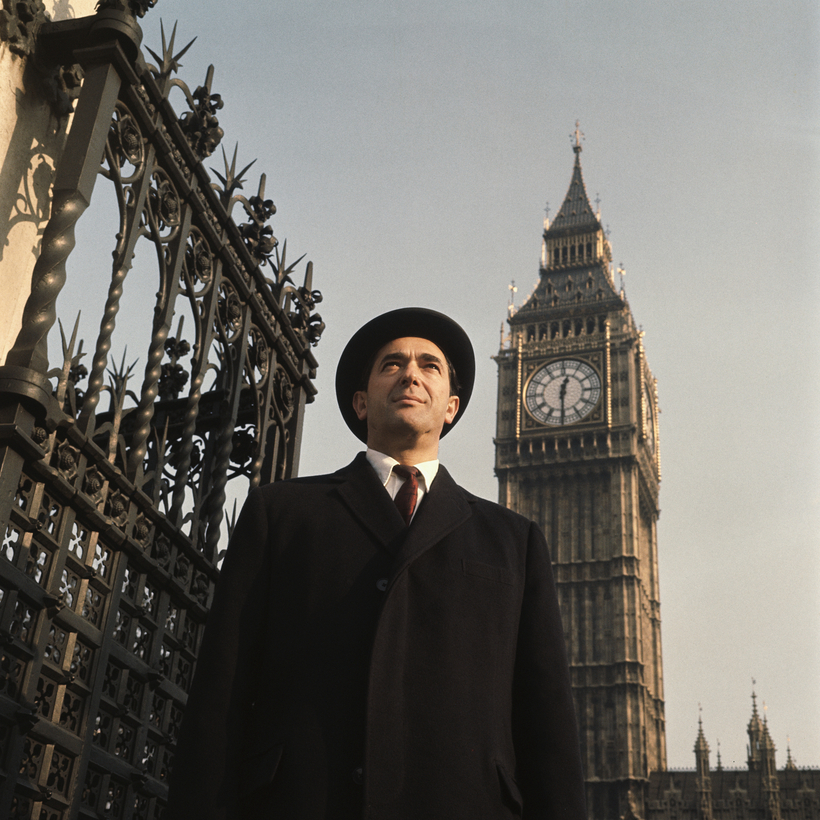Robert Maxwell was a big, fat bully who owned London’s Daily Mirror and the New York Daily News, who loved to humiliate his minions, who sweet-talked dictators, and who robbed his pensioners blind.
He was a monster who, in the words of his wife, Betty Maxwell, a woman who loved him for five decades, was “harsh, cruel, uncompromising, dictatorial … [taking] a sadistic pleasure in crushing and humiliating” the people closest to him. He damaged everyone who came into contact with him, especially his seven surviving children and the youngest above all. Ghislaine Maxwell, the one Robert loved the most, is currently detained in Brooklyn’s Metropolitan Detention Center, where she is accused of supplying under-age sex slaves to Jeffrey Epstein (charges she denies).

